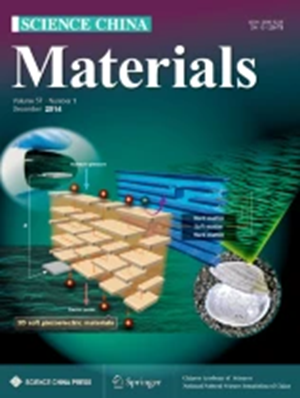Machine learning and high-throughput computation-assisted precise synthesis of quantum dots for reliable neuromorphic computing
Abstract
Quantum dot (QD)-based memristors enable precise and energy-efficient neuromorphic computing through atomic-level control over electrical synapse performance. However, the stochastic nature of QD structures results in the poor reliability of resistive switching in neuromorphic computing, limiting its practical applications. Here, we present a data-driven QD synthesis optimization loop to precisely engineer QD structures for reliable neuromorphic computing. By deeply integrating high-throughput density functional theory with machine learning, we establish a cross-scale screening platform for precise synthesis of QDs, enabling multi-dimension predictions from atomic-level structures to macroscopic electrical synaptic behaviors. Through the minimization of structural disorder, achieved by pure phase, uniform size distribution, and highly preferred orientation, QD-based memristors demonstrate a 57% reduction in switching voltage, a two-order-of-magnitude increase in the ON/OFF ratio, and endurance and retention degradation as low as 0.1% over 8.4 × 107 s of continuous operation and 105 rapid read cycles. Furthermore, the dynamic learning range and neuromorphic computing accuracy are improved by 477% and 27.8% (reaching 92.23%), respectively. These findings establish a scalable, data-driven strategy for rational design of QD-based memristors, advancing the development of next-generation reliable neuromorphic computing systems.

 求助内容:
求助内容: 应助结果提醒方式:
应助结果提醒方式:


